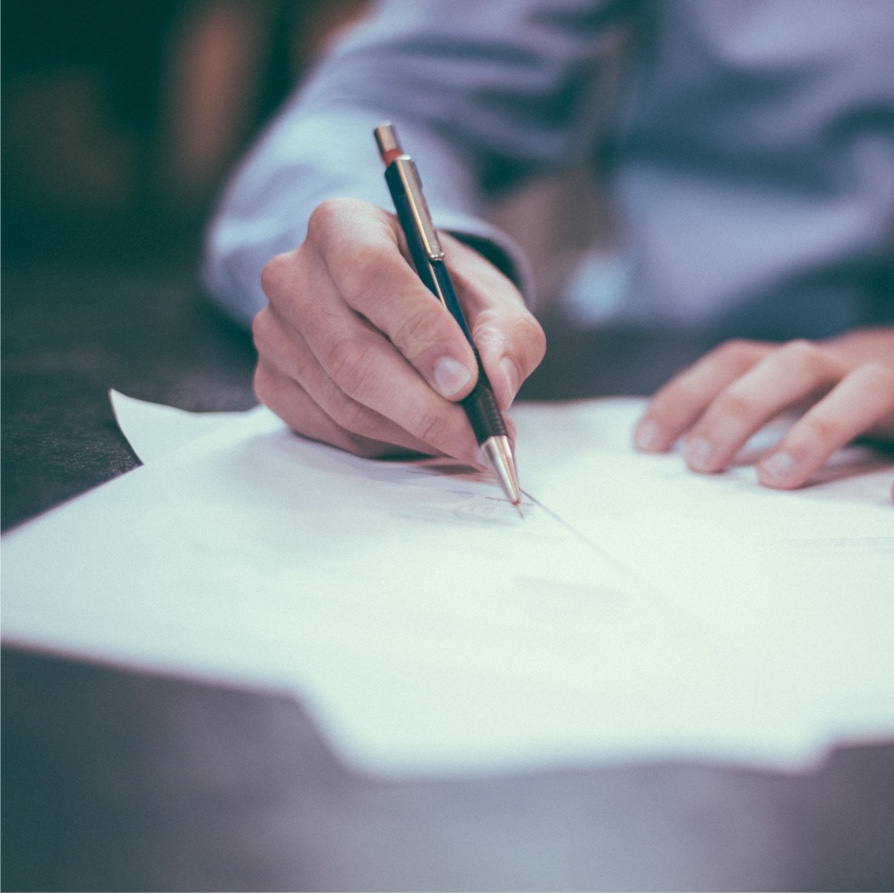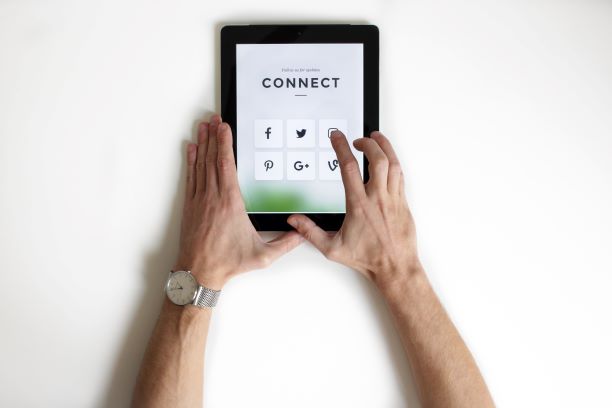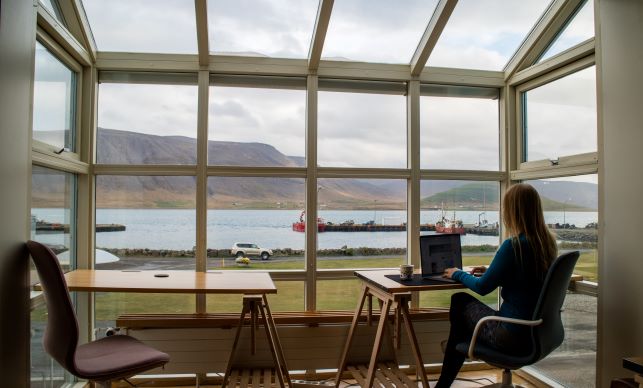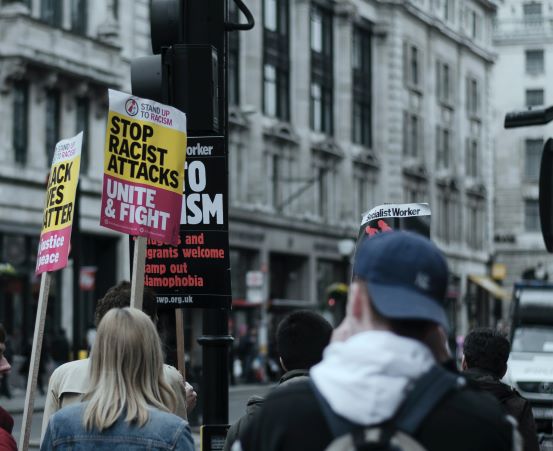In this webinar, I am going to discuss social media and psychiatry. Social media is a new platform that has exponentially been growing particularly in the last 5 – 10 years. The ability of faster communication and the ability of affordable cheaper devices including cell phones has facilitated this new media unlike the old traditional medias like TV and radio. I am sure people are fully aware the new social medias do include Facebook, WhatsApp, google, Bing, Yahoo, and even newer unique websites like Snapchat and Tiktok. Social media is one unique way that can influence medical conditions, particularly psychiatry. Of all the medical fields, psychiatry is uniquely prone to be discussed through social media compared to many other medical conditions or disorders. There’s definitely a correlation and relationship to social media and psychiatry. Social media is, of course, used in different ways by all generations of people including young people, adults, and children. The patterns of usage might be different from one to the other but there is definitely an influence of this media in being used and how this will affect mental health issues when people get exposed to it repeatedly. On any given day, everyone with an access to social media do hear news that would obviously include the regular political or events, but there have been more increase selective coverage media views, fake news, real news, whatever that would impact the incidents that happen. For example, I am sure we have all heard the incidents that have happened in Texas and Ohio where a gunman has killed people for different reasons. There has been intense discussion in all media sites, and this has a profound impact. It is important to note media also needs to be responsible instead of focusing on the eyeball viewership which makes them repeat the news which seems to be popular from their perception. These coverages can in fact can affect any individual whether it is a child or an adult or a grownup. I remember particularly during the 9/11 incident when there has been a lot of coverage through all sorts of media for weeks, 24/7 which created lot of symptoms in many individuals who had come to see me in my office for different reasons seeking help. As I mentioned earlier, psychiatry is the only unique medical condition that has an absolute gravitation and traction of acceleration of symptoms in vulnerable people that includes Depression, Anxiety, Manic Depression, ADD, Insomnia, Narcolepsy, etc. There has been a definite spike in calls and in requests for consultations after these incidents particularly this gets more traction when they are prone to watch or hear the media news. Social media is also both an absorption of the news and also, they communicate with others through exchange of messages like in WhatsApp and group messages where people do review these and come with their own conclusions whether they are influenced by real or fake news. But the opinions, the vulnerabilities, the mental health issues start becoming more stronger in their insecurities and this is where I want to discuss how to help people who are affected by this. It is easier to ask them to limit the exposure on social media which is like saying for someone that has diabetes to cut sugar and exercise daily. There are vulnerabilities with these people and they still look at the media for their needs, so it is impractical or a challenge for them to be suddenly told to limit or not to use social media. There is a responsibility of the media too in helping to transmit the news while not compromising their businesses in a responsible and ethical way. If you see the vulnerable people, these might even include, believe it or not, the offenders too. I am sure if you look at the profiles of the people that have done drastic things in the country and outside the country an example includes in New Zealand where a gunman has shot lot of people near a mosque. If you analyze and talk with people around him like family members, you see a definite built up anger that makes these people do horrible things. I am not justifying these people who have done criminal acts but even in media there is a clear discussion on such people whether these people have mental health issues or racism or criminal background, but mental health is also incorporated by people in this discussion. My point is social media can influence both the offenders and victims and that is the reason I believe that social media must have an ethical way to bring up the news without inflaming tensions in people. Now, the steps that we need to practically take in reducing or toning down or not ratcheting up the tensions would include like it takes a village to grow, a few proactive steps need to be done by the community. It’s important religious centers can play an important role, an engaging role in reaching to the community and addressing these issues and not ratcheting up the tensions. I also include civic societies like schools and universities should have good discussions where all opinions should be given a voice instead of being suppressed with the active participation of students and faculty. It is also important for mainstream politicians, business leaders, and entertainers to come with a quicker response to address these needs by giving support to those that have been exposed to violent events like shootings, kidnappings, and bombings, and other tragedies. There should also be discussions about resources available to people in the community outside of medical psychiatric help including discussions about grief and loss, support systems, family get-togethers, and more cohesive and interactive discussions in the community to address genuinely the needs of the people. As a psychiatrist, I believe that the American Psychiatric Association should play a more proactive role to reach out to broader community and the media should support them so that more people have access to and are aware of help that is available.



